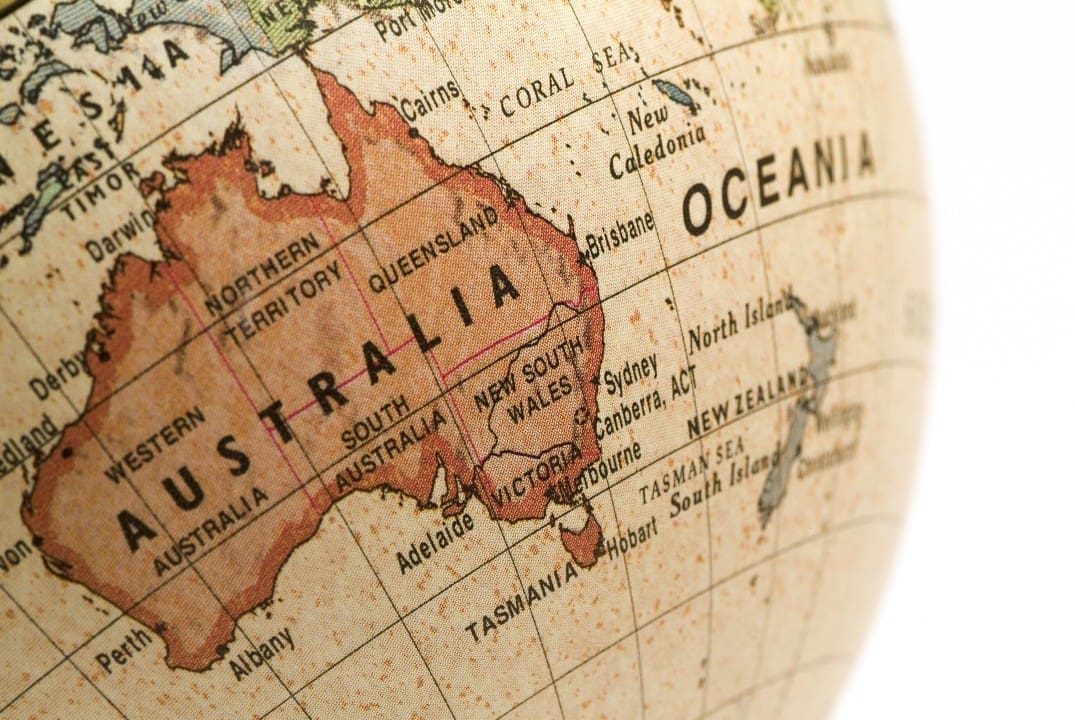A heavily trade exposed island nation with a relatively small population, torn between powerful friends finds itself in need of greater sovereign self-sufficiency in an uncertain post-Covid world.
That’s the dilemma facing our leaders, the dilemma facing our nation in a world where the constructs of our international relationships are fundamentally shifting.
How do we become less reliant on those whom we need to become less reliant upon?
How do we balance our outward focus with our internal needs?
One answer could be through deepening our relationships with our nearest neighbours.
Australia cannot reasonably achieve self-sufficiency. Greater self-sufficiency yes, but self-sufficiency in its purist interpretation, no.
Yes, there are certain strategic capabilities that absolutely must be ‘on-shored’ from now on.
But high input costs, labour force issues, a heavily trade exposed economy – including many hard-won agreements and alliances with international trading partners – are all good reasons why pursuit of too much self-sufficiency is more likely to do us harm.
Now that’s not to say the principle is entirely wrong, but it is to say that there are smarter ways of becoming less reliant on those who you may not want to have to rely so much upon.
Economic recovery post Covid-19 is now a key focus of all levels of government.
Equally important is the need to ensure greater economic security and resilience in the face of ongoing challenges presented by the current pandemic, and any similar disruptive events in the future.
‘This pandemic offers a significant opportunity to further Australia’s national interest and strengthen our economic and security relationships with our nearest neighbours’
This pandemic offers a significant opportunity to further Australia’s national interest and strengthen our economic and security relationships with our nearest neighbours. We can do this through promoting and implementing a concept of ‘Regional Self-Reliance’.
‘Regional Self-Reliance’ could be achieved through the creation of a much closer working relationship between Australia and our nearest neighbours.
It could even take the form of a multilateral economic partnership agreement.
Such an agreement would be established initially between ourselves, New Zealand, Pacific Island nations, Papua New Guinea, East Timor, Indonesia, Singapore and possibly others – what could be considered as a subset of the Indo-Pacific region as defined in the Commonwealth Government’s 2017 Foreign Policy White Paper.
Importantly, such an agreement could be built on the foundations of existing agreements and initiatives such as ANZ-CERTA, IA-CEPA, Pacific Step-up, PACER Plus and the New Colombo Plan etc. It would encompass key areas of security and mutual benefit including agriculture and food production, manufacturing, fuel and energy, technology, defence, and development assistance.
Why this? Why now?
Because now more than ever it is in Australia’s strategic interest to draw its nearest neighbours closer to increase regional stability and security, and by supporting each other’s common drive toward increased prosperity.
Together, the population of this region exceeds 325 million people, it is projected to reach 365 million within a decade and we are richly diverse. We are a group of nations that can complement each other’s needs and achieve economic efficiencies at a regional level – relying less on other, more volatile relationships and supply chains further abroad.
One clear example is the capacity that exists within our region to value-add high quality Australian outputs in food production and manufacturing for export to the rest of the world. On the other side of the equation we can build the capacity in our region to bring the production of key inputs like machinery spare parts, chemical and fertiliser requirements closer to home, where they can be accessed far more easily and quickly should disruption occur further abroad. The key to this is capturing this opportunity for mutual benefit.
Related article: Now’s a good time to work on improving relations with Indonesia
We know there will be an increase in requests for assistance by some of our closest neighbours as the pandemic deepens. This will present both risk and opportunity. Australia is ideally placed to help provide such assistance and moves to that end have been flagged by DFAT already. This assistance can be deployed via traditional means – or we can rethink our approach and reshape these relationships through maximising education, trade and business opportunities in a way that shares the benefit. Indeed, if Australia does not – others will.
By developing a framework that builds on current agreements in an overall strategy to achieve economic and strategic security for Australia and its nearest neighbours, we can ensure greater regional self-reliance and resilience.
Such a framework would need to address strategic and security vulnerabilities and identify opportunities for increased mutually beneficial cooperation. The framework must also address preparedness for future pandemics or similar existential threats to the security and prosperity of Australia and our region.
The benefits of driving toward regional self-reliance through an overarching agreement are wide ranging. They include an increase in regional security, stability, prosperity and resilience.
Another clear benefit is a decreased reliance on key input requirements from some partners further afield, where greater strategic vulnerability exists.
Creating such an agreement must certainly be done with a deft touch – the clear priority must be mutual benefit. Equally this initiative does not have to come at the cost of our traditional trade and security relationships and priorities – Australia is sophisticated enough to maintain and grow those, whilst taking the initiative to strengthen our own region’s future.
This opportunity represents a means of assisting Australian economic recovery and security post Covid-19 using greater regional cooperation, thus overcoming domestic challenges and strategic vulnerabilities – strengthening regional partnerships, creating regional self-reliance and an era of vastly increased regional stability, security and prosperity.
- Andrew Henderson is a former agricultural policy advisor to the Federal Government. He chairs the SAFEMEAT Advisory Group and is principal of Agsecure and Agsecure Investment.

